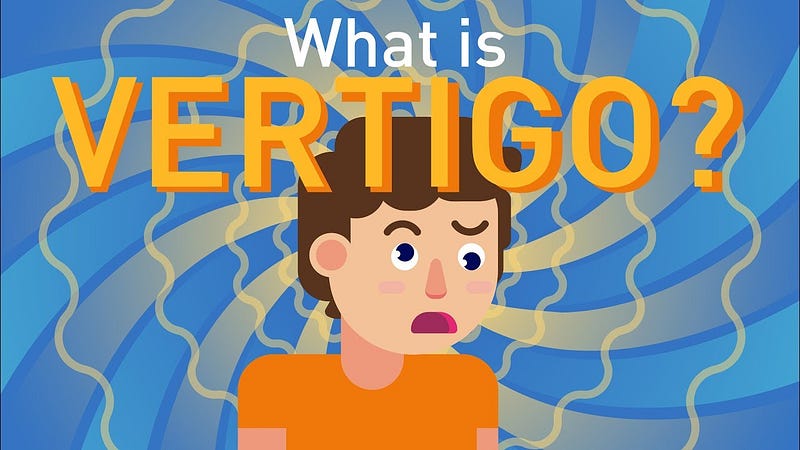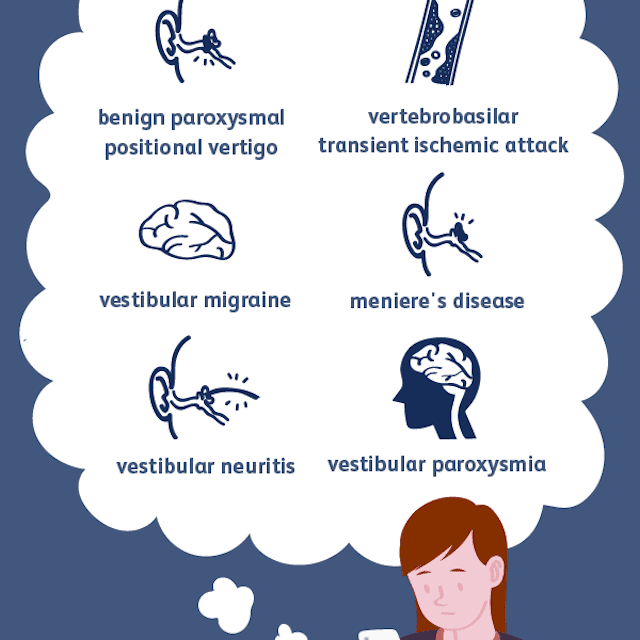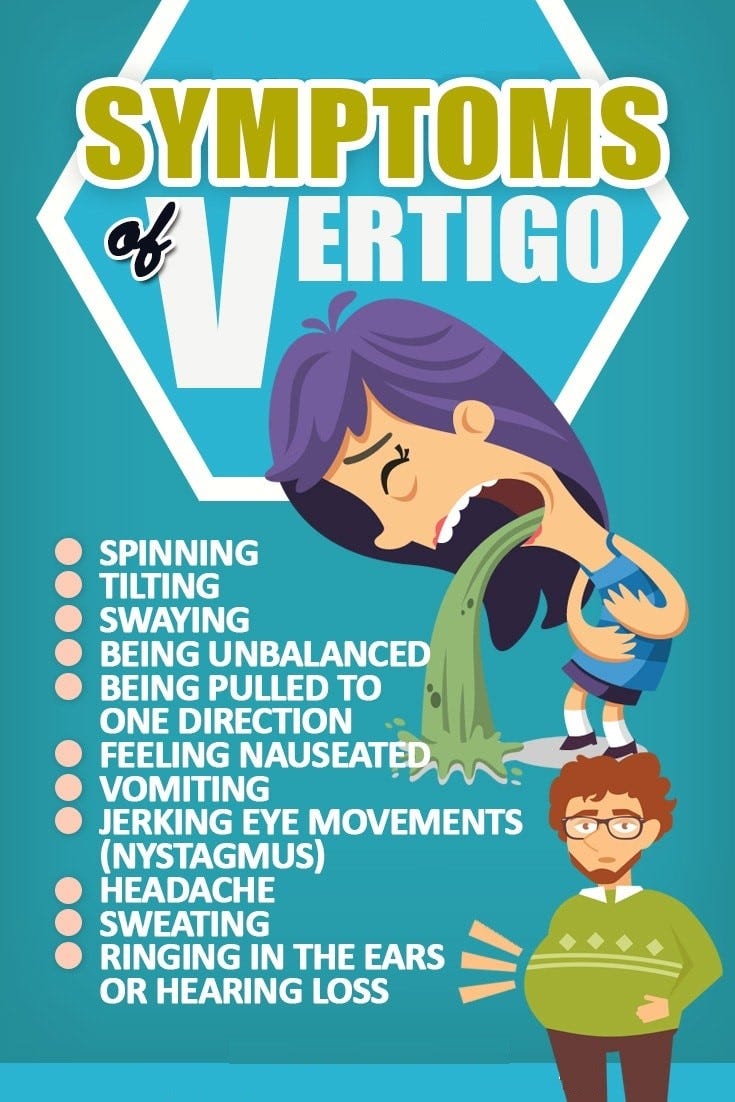What is Vertigo? How to deal with it ?

Vertigo is something that can make you feel that you are moving when actually you are not or it can make you feel that things around you are moving when they are actually not. Vertigo is similar to motion sickness but it has nothing to do with lightheadedness. People having Vertigo are always of the notion that they are feeling dizzy. Vertigo is usually experienced at high heights where the head starts spinning and you seem to have a heavy head.
Causes Of Vertigo
The most common causes of Vertigo are-
- BPPV-Benign Paroxsymal Positinal Vertigo can occur at any point of time, but it deals with age factor. The tiny calcium particles, canaliths clomp up in canals of the inner ear which sends signals to the brain about head and body movements related to gravity.
- Meniere’s Disease- This is said to be an inner ear disorder that is said to be caused by building up of fluid. It also leads to changing pressure in the ear. In this disease, vertigo comes up in episodes with ringing in the ears and hearing loss.
- Vestibular neuritis or labyrinthitis-An inner ear problem that has infection which causes inflammation around the nerves that play a vital role in maintaining the body balance.
- Perilymphatic Fistula- It is an abnormal communication between the middle ear and the inner ear.
- Cholesteatoma Fistula-a Cyst in the ear
- Otosclerosis- Growth of an abnormal bone in the ear.
Other factors are-
- Head or neck injury
- Brain problems such as stroke or tumor
- Migraine headaches
- Certain medicines that has led to ear damage
- Multiple Sclerosis

What Symptoms Can be Seen In Vertigo?
The following symptoms can be seen-
- Nausea
- Vomiting
- Headache
- Sweating
- Abnormal or jerking eye movements
- Ringing of the ear
- Stumble while walking
These symptoms can however last for a minute or for a longer time depending from person to person.

How is Vertigo Diagnosed?
Diagnosis of Vertigo depends on whether the cause is peripheral or central, whether any life threatening complications are present or whether one has a true vertigo or not? To the latter, the doctor may clearly ask to the patient, Are they feeling lightheaded or their world is spinning? If the world is spinning then its a true vertigo and if its lightheaded then it is just dizziness.
There are following tests to determine the type of Vertigo in the patient so that neecessary treatments can be put forward-
- Head thrust test where the patient is asked to look at the examiner’s nose who quickly makes a head movement after a few seconds. At this time the examiner looks at at the eye movement and treats the patient accordingly.
- Romberg test where the patient stands with feet together and eyes closed, trying to maintain a balance.
- Fukuda-Unterberger test where the patient is asked to march in place with eyes closed. The pateint cannot lean from side to side too.
- Dix Hallpike test where the patient is lowered from a seated position to a supine position with the head being pointed either slightly on left or right. At this time the doctor examines the eye movement to understand better.
Risk factors Involved in Vertigo
Factors involved in Vertigo are-
- Cardiovascular diseases
- Background of head trauma if any
- Antidepressants or Antipsychotics that aperson has been taking from a long period of time.
Vertigo Treatment
The treatment of the vertigo depends on the cause and severity of the cause. 3meds, the best online medical app in India suggests you the following the prescribed medicines,
- Vestibular Blocking Agents is the most popular form of medication. It includes, Antihistamines (Promethazine, Betahistine), Benzodiazepines (Diazepam, Lorapezam), Antiemetics(Prochloperazine, Metoclopramide)
- In case of acute vertigo attack, bed rest is prescribed or antiemetic medication is given.

Outlook
Vertigo is not a serious disease until specific measures are not taken. People who are afraid of heights at times can lead to deaths if they are made to stay there for long. The symptoms however cannot last from more than 24 to 48hours. But an urgent medication to the doctor is required when a vertigo attack hits. Also, proper precautions should be taken by the patient on beforehand so that no problems occur.



Comments
Post a Comment